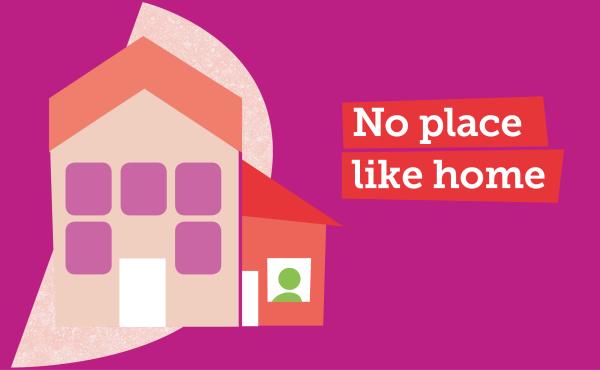Homecoming
When I came back to England from South Africa in early 2005, I was not eligible for benefits as I had no National Insurance Number. Although I had lived in England for about six months in 1950-51, no trace could be found of my NHS records either.
I had a pension for the work I did in South Africa, but this did not go far and was subject to high exchange rates at the time. When I arrived back in England, I took the Underground to central London and went to a backpacker type hotel, which I had booked online. At the hotel, the rooms slept 6 or 7 people of mixed sex.
This hotel charged a daily fee, which included a light breakfast. I was shocked at the high prices in the hotel. Using an automatic laundry cost £7-11, to wash and dry my clothes.
Living in a Shelter
The money I had with me, in the form of traveller's cheques, was soon gone but two charities gave me small amounts, which was helpful. In my walking through the area, I came to a Senior’s Day Centre near Onega Gate, where I met an elderly woman who had been a nurse in WW2. She advised me to go to a night shelter nearby. While I was there, a social worker told me that as I had not been in that area for at least 6 months, I could not be accepted there. However, she also gave me the address of the correct night shelter, and arranged for my entry there.
The shelter was in St Martin’s of the Fields; this shelter accepted only known applicants every night, opening at 10 o’clock each night. My name was on the list, and I was admitted for the night.
There was a full supper, free, but no beds. We all slept on two chairs, sitting in one, and feet up, on the other.
The heating there was on all night, which was essential, as this was in early January. Everyone at this shelter had to awake quite early, have a full breakfast, wash, and shave, and we all left the shelter at 7am. Lunch was also offered there, but this was not free. I had to have a ticket, which was organised by the social worker, but sometimes she forgot.
Finding support
As I had been in the British Army, the social worker contacted an agent of a military charity on my behalf. However, I was that I would not get much. Indeed, I did not apply, and later found out that they do not pay any pensions.
I later looked up another military charity on a computer. I was not a member, but after trying two phone numbers on the website, the second call was answered by a man who referred me to an Ex-Forces Fellowship House.
I went there the next morning for an interview about my military background. After checking my details, I was sent to an Ex-Forces Fellowship House. I travelled there by bus, almost missing the correct stop to alight.
A room of one's own
I was given a room of my own, which was far more then I was expecting.
Soon after I settled there, the Manageress told me I must get a National Insurance Number. It took six months and two interviews, but I finally received it.
Thanks to receiving my National Insurance Number, I was soon receiving Pension Credit benefits. The benefits included a housing allowance, paid directly to the charity that provided my housing. I was finally receiving the benefits I was entitled to.
Have you been affected by any of these issues?
This blog represents one individual’s experience; personal circumstances differ – if you have been affected by any the issues in this blog and want some advice about your own situation please contact Independent Age’s Helpline on 0800 319 6789.
The views and opinions expressed in this article are those of the author and do not necessarily reflect the policy or position of Independent Age |
